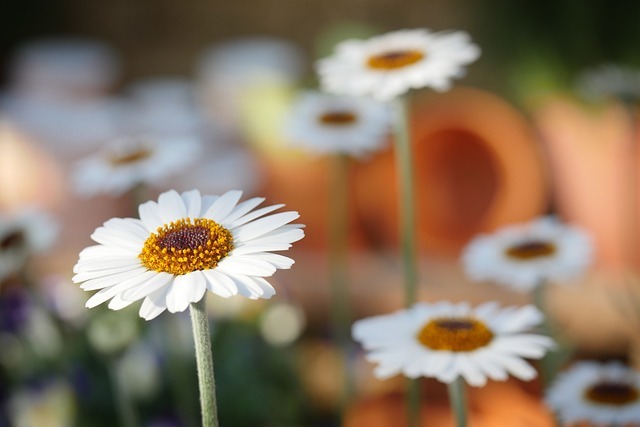Organic gardening is a rewarding and sustainable way to cultivate a beautiful and productive garden. From novice gardeners to experienced green thumbs, organic gardening is an enjoyable and cost-effective way to enjoy the fruits of your labor. With a bit of planning and the right supplies, anyone can learn the basics of organic gardening and enjoy the benefits of growing their own food.
What is Organic Gardening?
Organic gardening is a method of gardening that relies on natural processes and materials to grow plants and vegetables. It is based on the idea that nature knows best and that the use of synthetic chemicals and fertilizers should be avoided. Organic gardening focuses on creating healthy soil and using natural methods to control pests, weeds, and diseases.
Organic gardening is a great way to produce healthy food while protecting the environment. Organic gardens are also a great way to save money on food and reduce your carbon footprint.
Getting Started
The first step in starting an organic garden is to choose a location. If you’re planting in the ground, make sure you have access to plenty of sunlight and good drainage. If you’re planting in containers, make sure to pick containers that will provide adequate drainage and space for your plants to grow.
Once you’ve chosen a location, it’s time to prepare the soil. This is an important step to ensure that your plants will have the nutrients they need to thrive. Start by removing any weeds or debris from the area. Then, use a spade or shovel to turn the soil over and mix in organic matter such as compost or manure.
Next, you’ll need to decide what plants you’d like to grow. Consider the climate in your area and the amount of sunlight and water your plants will need. Make sure to choose plants that are suitable for your climate and soil type.
Organic Fertilizers and Pest Control
Organic gardening relies on natural fertilizers and pest control methods to keep plants healthy. Organic fertilizers are made from natural materials such as compost, manure, and plant matter. These fertilizers provide essential nutrients to the soil and help promote healthy plant growth.
Organic pest control methods include hand-picking pests, using natural predators, and using organic sprays and traps. These methods are effective and safe for the environment.
Harvesting and Storing Produce
Once your plants are mature, it’s time to harvest the produce. Make sure to harvest your produce at the peak of ripeness for the best flavor and nutrition.
Once you’ve harvested your produce, it’s important to store it properly. Many fruits and vegetables can be stored in the refrigerator for a few days. Other produce, such as potatoes, onions, and garlic, can be stored in a cool, dark place for several weeks.
Organic Gardening: A Primer
Organic gardening is a rewarding and sustainable way to cultivate a beautiful and productive garden. With a bit of planning and the right supplies, anyone can learn the basics of organic gardening and enjoy the benefits of growing their own food. Start by choosing a location and preparing the soil. Then, select the plants you’d like to grow and use organic fertilizers and pest control methods. Finally, harvest and store your produce properly to ensure the best flavor and nutrition. With a bit of patience and practice, anyone can become an organic gardener and enjoy the benefits of growing their own food.

